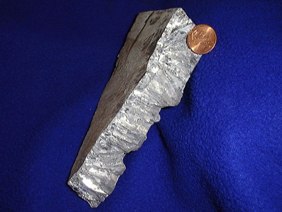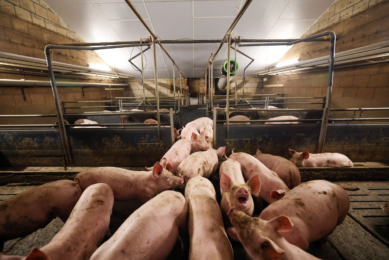Zinc source affects pig performances

In order to determine the bioavailability of different zinc sources , a study comparing zinc sulfate, glycine zinc chelate (ZnGly), methionine zinc chelate (ZnMet), and zinc acetate (ZnAc) was recently conducted on piglets.
Zinc was supplemented at 70% of the recommended level (50 mg/kg of feed) in order to exacerbate differences due to bioavailability.
Thirty six piglets were weaned at 27 days of age (average weight 6.5 kg) and allocated to one of the four treatments. Feed intake was recorded daily, animals were weighed once a week, and blood samples were taken at beginning, 14 days later, and finally after 28 days, at the end of the trial.
Weight gain was increased by 30% when comparing glycine zinc chelate to zinc sulfate (297 g/d vs. 227) while methionine zinc chelate and zinc acetate gave intermediate results (253 and 278 g/d, respectively).
Feed intake was also significantly improved for piglets receiving the feed supplemented with ZnGly when compared with zinc sulfate.
Feed conversion ratio was not affected by the treatments.
Surprisingly, physiological parameters observed (except plasma zinc level) did not reflect those results. Piglets fed ZnAc had a higher plasma concentration (+29%) than those given zinc sulfate, while the chelates (ZnGly and ZnMet) gave an intermediate response (+12%).
In summary, better growth can be expected with organic sources and especially glycine zinc chelate such as GLYMET Zinc.











